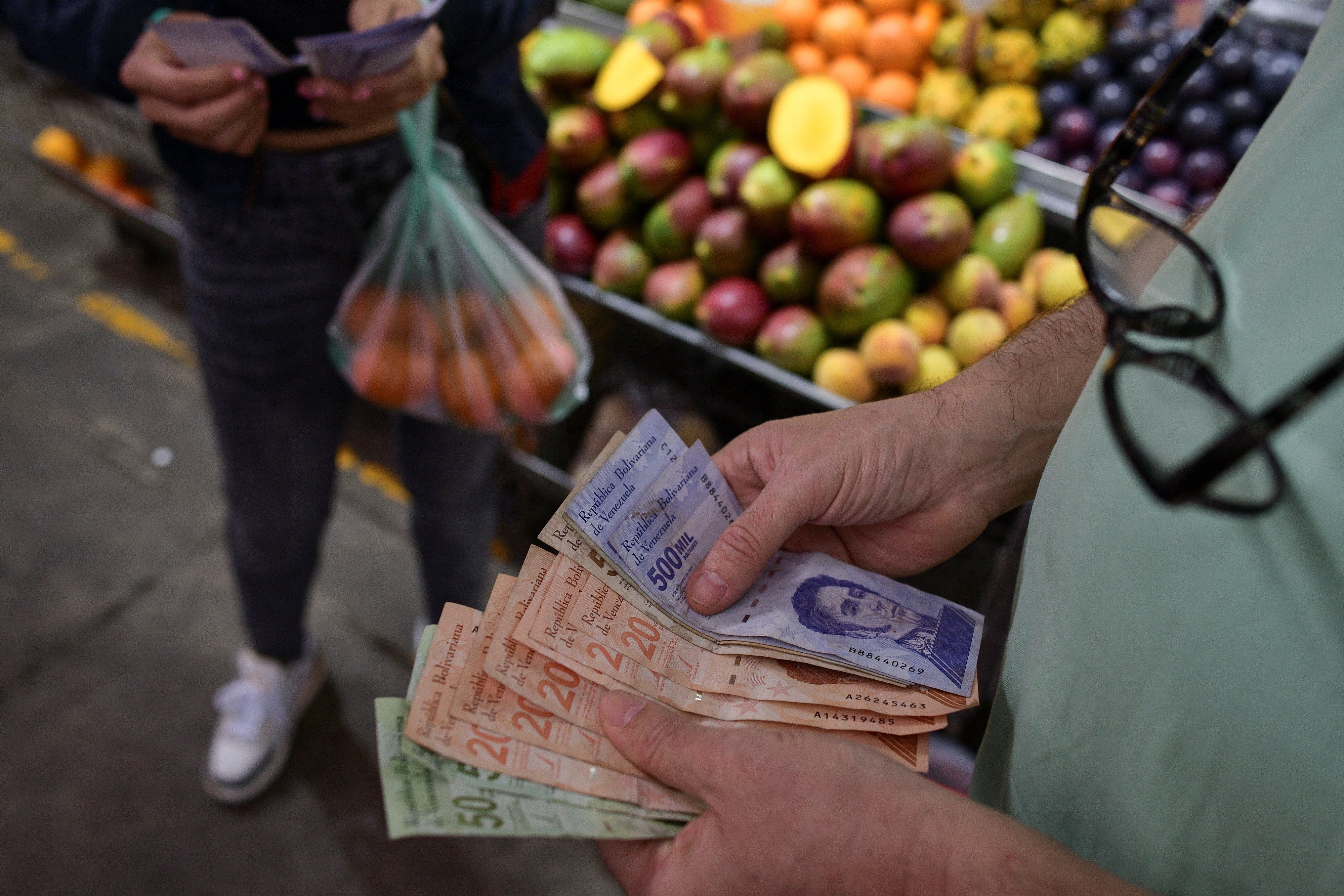Hard Numbers: World inflation champs, hyperinflation history, device deflation, how much do you spend on food?
538: What country currently has the highest annual inflation rate in the world? Crisis-wracked Lebanon (190%) is up there, and so too are the perpetually mismanaged economies of Argentina (103%) and Zimbabwe (92%). But at the moment, independent economists say Venezuela’s annualized price growth is running at a dizzying 538%. A combination of overspending and a plummeting currency is to blame.
143: You’ve probably heard about the quadrillion percent inflation that took hold in post-World War II Hungary, an episode generally regarded as the worst example of hyperinflation in modern history. But the one that started it all was in France more than 150 years earlier, when in the months after the French Revolution, inflation hit 143%. Let them eat cake, indeed.
24: Is anything getting cheaper these days? Yes! It’s in your hand/pocket/purse! According to the latest US Consumer Price Index report, which tracked prices through February, the item that has shown the biggest price drop is … smartphones, which cost 24% less than a year ago.
59: How much does food price inflation hurt? In Nigeria, households spend an average of 59% of their income just on eating. The figure for most emerging and developing economies is above 25%, while among the wealthiest G7 economies, it’s closer to 15% or less. In the US, an average household spends just below 7% of its income on food.